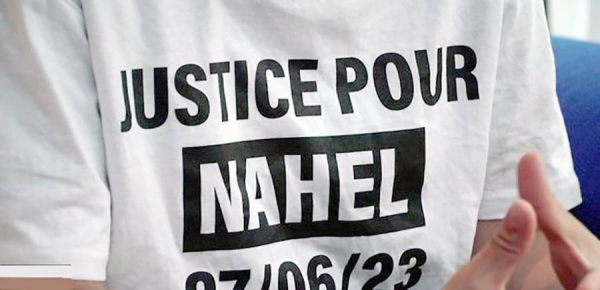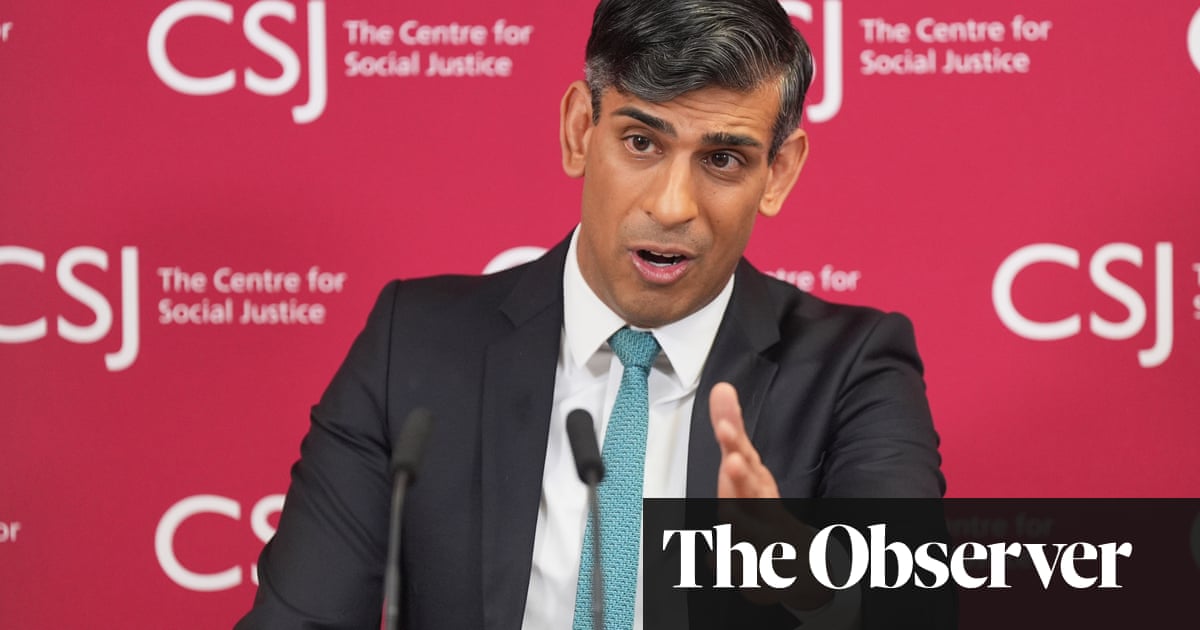
Sakina Afrasehabi, who had severe arthritis and walked with a frame, died on the 18th floor in the June 2017 blaze at the age of 65. Now her family want a judicial review of government proposals, arising from the disaster, that personal evacuation plans should only apply for people in buildings considered at immediate fire risk.
The public inquiry into the fire recommended last year that personal evacuation plans should be urgently introduced on a much wider basis for all disabled people. Boris Johnson said last October: “We plan to accept in principle all the recommendations … for central government.”
Afrasehabi’s family believe she would still be alive if the council landlord had made an evacuation plan, because it would have revealed she should not have been housed so high up. She was unable to negotiate steps but was accommodated in the tower because it had a lift, which stopped working on the night of the fire.
“It would have been life and death,” said her daughter Nazanin Aghlani, when asked what the effect of an evacuation plan would have been. “She had no idea what to do.”
The legal challenge is the latest sign of growing frustration at the official response to the disaster, which claimed 72 lives. Grenfell United, the survivors and bereaved group, complained at the weekend that the government “neither understands or cares about the interests of the victims” because it has failed to appoint anyone to the public inquiry panel who has knowledge of community and housing issues. The panel position has been vacant for eight months after two previous appointees resigned. The lack of a replacement is “beginning to place the whole process of the public inquiry in jeopardy”, said Grenfell United’s chairwoman, Natasha Elcock.
The legal action by Afrasehabi’s family also reflects community fears over the inquiry’s ability to deliver widespread change to building safety. In his October 2019 first-phase report, the inquiry chairman, Sir Martin Moore-Bick, said evacuation plans for disabled people should be required by law in all high-rise blocks – helping protect more than 160,000 people in England. But the Home Office has proposed them for far fewer disabled people – about 5,000 who are living in high-rise homes patrolled by waking-watch guards because they are covered with Grenfell-style cladding.
In a risk assessment, it said implementing all of the inquiry recommendations as written would be “disproportionate” and “operationally challenging to deliver”.
Aghlani’s lawyers argue the proposal is inadequate and unlawful. They said it appeared to reflect industry objections, which included a lack of personnel to get disabled residents out of burning buildings, the difficulty of handling high turnover of residents and data protection concerns. It is also estimated to be much cheaper – costing about £400,000 over 10 years instead of £8.1m.
“We were so happy [with the inquiry recommendation],” said Aghlani. “It was a relief to see Sir Martin Moore-Bick acknowledge us and what we were saying needed to happen. But then nothing happened – it’s devastating and very difficult because you almost think: what is the point of the inquiry?
“It feels like we are being taken for fools. It seems to be a great exercise to let everyone calm down, and slowly, slowly, people are getting away with it.”
A Home Office spokesperson said: “We have received this pre-action letter and are considering our response. It would be inappropriate to comment further at this stage.”












